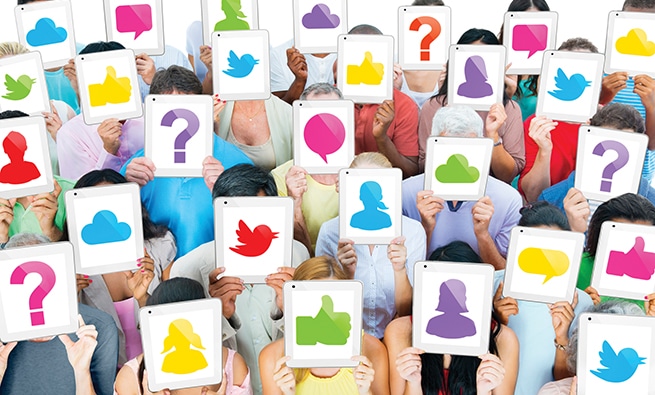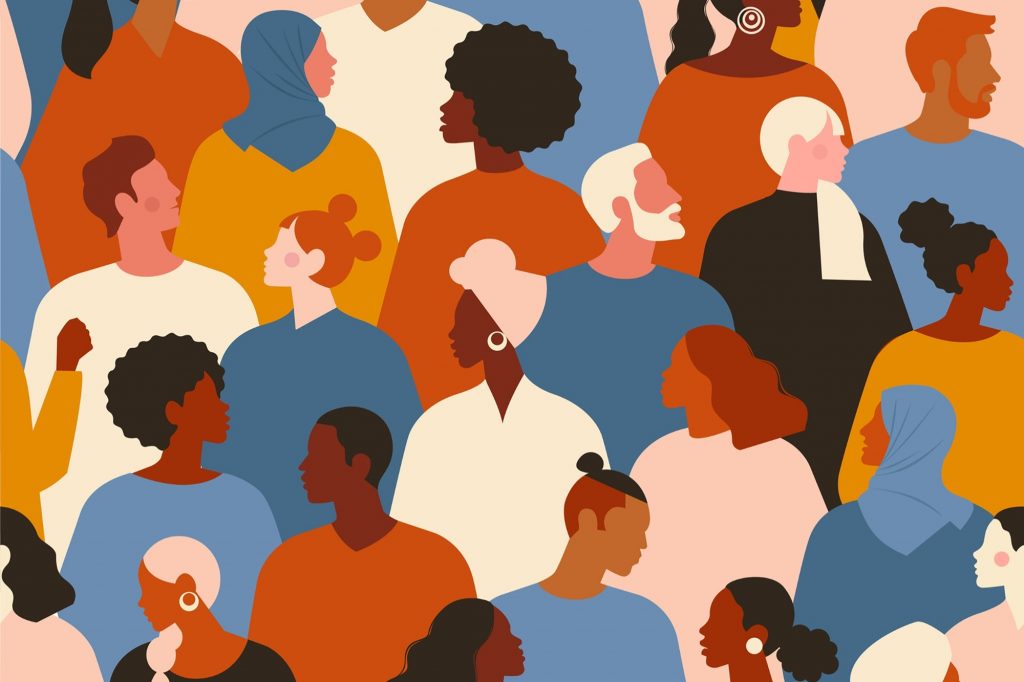
For the modern consumer, a creative advertisement is not enough – it must also champion the values of diversity and be representative. For this reason, brands must actively represent a diverse range of social groups in their ads, or risk disengaging their target consumer.
Here we will highlight why diversity is so important in social media advertising, as well as the benefits representation can offer to a brand seeking to grow its reach and engage with a wider audience.

The stats on representation when it comes to social media advertising
Social media advertising sites such as Facebook and Twitter have conducted extensive research into representation when it comes to social ads – and the results are somewhat shocking.
As an example, Facebook analysis revealed that people with disabilities were severely underrepresented in online ads (present in only 1.1% of the ads examined), as were members of the LGBTQ+ community (0.3%).
Cultural representation is another clear issue. Over 50% of those surveyed in Facebook’s research believe that they do not feel “culturally represented” in online advertising.
Gender inequalities are also noticeable. Women were 14 times more likely to be shown in revealing clothing in a Facebook advertisement compared to men. Women are also six times more likely to be “visually or verbally objectified”. This reveals a slightly toxic and negative side to social media advertising; not only are various social groups feeling unrepresented, but those who are being represented are also being subjected to stereotypes based on their gender, race and religion – which in 2021, simply isn’t good enough.

Consumers demand more diversity in social media advertising
In our modern, progressive society – audiences demand more from brands online and rightly so. In a Facebook-commissioned survey, 71% of people said they believe brands should be actively promoting diversity in their social media advertising campaigns – we couldn’t agree more!
‘Gen Z’ in particular, is a group who are progressive not only in their ideas, but their loyalties and consumer-habits. It’s been noted by the age group that if they feel a brand they follow or engage with is not representing a wide variety of values and culture, it is very likely that they may consider purchasing elsewhere and disengaging with the brand.
In 2021 and beyond, the focus on diversity and equality should be high on all brands marketing agendas. Representation should come second nature offering a more inclusive feel for consumers.

The benefits of promoting inclusivity in social media advertising
Brands have a moral-duty to represent the interests and views of each member of its audience. Any social media advertising campaign should be inclusive and representative in order to support the greater push for diversity across social media sites, as well as wider society.
In addition to this, the positive effects for businesses are also very clear. A spokesperson for Facebook said: “When brands do address representation, it has a range of positive effects, including helping to drive purchases, results and long-term brand loyalty. Over 50% of consumers polled said they are more loyal to brands that stand for diversity and inclusion in online advertising and almost 60% said they prefer to buy from brands that stand for fairer representation in online advertising”.
It’s clear that there are huge benefits to promoting inclusive and diverse social media advertising campaigns – whatever sector your business operates in. It allows consumers of all backgrounds and lifestyles to connect with your brand and will create an uplifting online space, as well as positive recognition for your brand.
At Prohibition, we work with a range of brands across all sectors to create engaging social media marketing strategies that allow brands to stay up to date with the latest trends and updates. Get in contact today to find out how we could help you: hello@prohibitionpr.co.uk





